Introduction to 48V 300W Solar Panels
Solar energy has become a cornerstone of sustainable power generation, and the solar panel 48v 300w category stands at the forefront of this revolution. These panels are designed to convert sunlight into electrical energy with an output of 300 watts using a 48-volt system, making them suitable for a wide range of applications from residential to commercial settings.
Technical Specifications
The 48v 300w solar panel is engineered with precision to cater to the needs of modern energy systems. It typically features a series of high-efficiency solar cells encapsulated in durable, weather-resistant materials. The electrical characteristics include a specific voltage and current output, designed to optimize performance under standard test conditions.
Design and Durability
A key aspect of the 300w 48v solar panel is its robust design. These panels are constructed to withstand harsh environmental conditions, ensuring longevity and consistent performance. The materials used, such as tempered glass and reinforced frames, contribute to the panel's ability to resist impact, wind, and snow loads.
Applications and Uses
The versatility of the 48v solar panel 300w makes it ideal for various applications. It can be used in off-grid installations, such as remote cabins or for powering telecommunication equipment. Additionally, it's well-suited for on-grid residential solar systems, contributing to reducing the carbon footprint of households.
Installation and Compatibility
While the 300 watt 48 volt solar panel is designed for ease of installation, it is compatible with various mounting systems and solar inverters, allowing for integration into existing setups or new installations. The panels can be arranged in arrays to scale up the power output to meet specific energy requirements.
Environmental Impact and Efficiency
The 48v 300w solar power panel not only provides a clean energy source but also operates with considerable efficiency. By converting sunlight into electricity without emissions, these panels contribute significantly to environmental conservation efforts and the reduction of fossil fuel dependence.









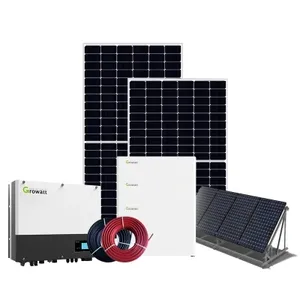

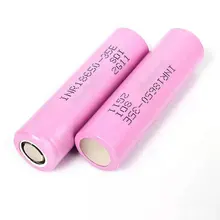


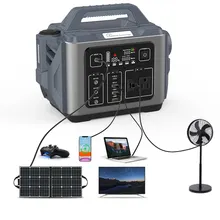

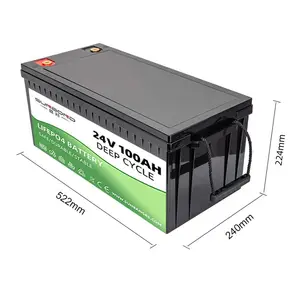


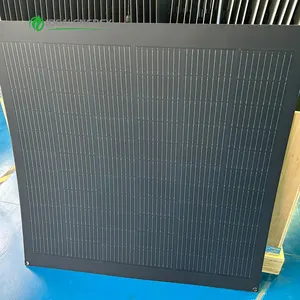
















 浙公网安备 33010002000092号
浙公网安备 33010002000092号 浙B2-20120091-4
浙B2-20120091-4